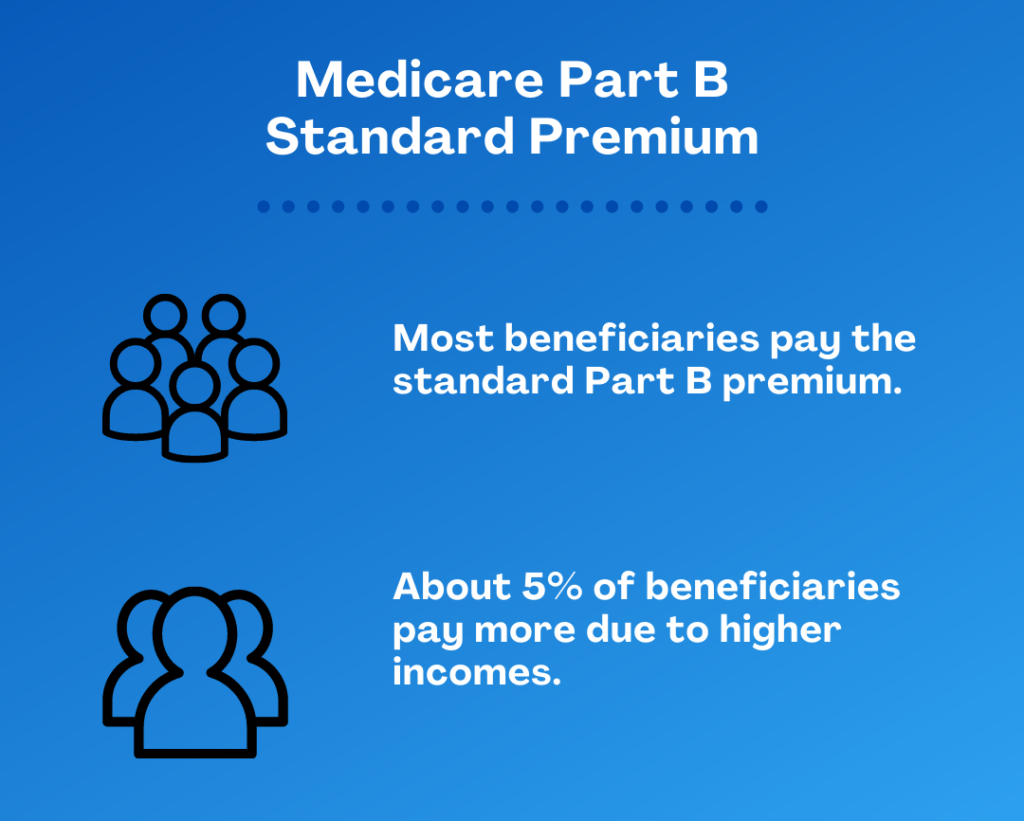Don’t be caught off-guard. Protect yourself with knowledge before you encounter any of these Medicare surprises.
1. Medicare can refuse to pay for your hospital stay under “observation status”.

I would like to pass along a shocking experience I had with Medicare as a cautionary tale for others seniors. I recently spent 3 nights in the hospital following prostate surgery. Within weeks I received a hospital bill for over $26,000 in addition to a $5,000 bill from my surgeon. Needless to say, I was completely blindsided and absolutely sure that this was a mistake. Boy, was I wrong! As it turns out, I was not officially “admitted” into the hospital, but instead, I was hospitalized as an outpatient under observation status. I have since learned that Medicare Part A does not cover observation status and since I was not officially “admitted” into the hospital, I was responsible for the bill. It is hard to believe that hospitals and Medicare can get away with this. I’m fairly certain that most patients would assume that major surgery in a hospital setting would qualify as being an admitted patient. Robert J /Tampa FL
I agree. Unfortunately, this situation happens more frequently than you think. Your hospital status—whether you’re an inpatient or an outpatient—affects how much you pay for hospital services (like X-rays, drugs and lab tests). In addition, your hospital status may also affect whether Medicare will cover care you get in a skilled nursing facility (SNF) following your hospital stay. Medicare Part A will pay for 20 days in a rehabilitation facility, but only if the patient has been admitted for 3 days. Observation Status doesn’t count towards the 3-day stay. If a patient is admitted for fewer than three days or hospitalized under observation status, the patient, not Medicare, pays the cost of the rehabilitation facility. Note: Hospitals are required to advise you of your observation status after 24 hours, although this will do little to pay any expenses you incur while hospitalized. Note: Some bills incurred under these circumstances may be partially covered by Part B, and a Medigap plan.
2. Medical emergencies on cruise ships beyond U.S. waters are not covered.

My wife experienced a medical emergency during our cruise vacation. She was treated onboard but since the event took place outside the U.S., we incurred very expensive medical bills not covered by Medicare. Likewise, my neighbor’s wife broke her ankle on their cruise vacation during an off-board excursion in a foreign country, yet her medical bills were covered. My neighbors have Medicare like us, but also have a Medigap plan. I thought that Medigap would not pay any claims that Medicare did not approve (and pay) first? Stephen M. /Naples FL
As you’ve discovered, Original Medicare may pay for medical services in domestic waters aboard a cruise ship, but not international waters. Foreign travel emergencies are covered by Medigap plans (with some limitations) which explains why your neighbor’s wife was covered. You are correct, Medigap is usually secondary to Medicare, but this is the one exception where Medigap plans will pay when Medicare won’t. If you travel abroad frequently, you should absolutely consider a Medicare Supplement plan aka Medigap.
3. High Income Earners Pay More for Medicare Premiums.

When I turned 65, I decided to drop the expensive group health coverage I received from my husband’s employer to apply for Medicare. Weeks after I applied, I received a letter from Social Security, informing me that I will be paying more for my Medicare Part B and Part D premiums due to my high income. The adjusted amount was significantly more than Medicare’s standard premiums and ended up being more than I was paying on my husband’s group plan! The representative at my local Social Security office never mentioned this policy at the time I applied. Needless to say, I felt blindsided and had to scramble to reinstate my group plan. Considering the financial impact of these “sur-charges”, this information should be prominently communicated! Am I stuck with these higher payments? Sandra G /Sarasota FL
Actually, no, the increased charges are NOT permanent. If your income has gone down due to a life-changing event (marriage, divorce, death of spouse, loss of employment, etc.) you can appeal the charges by completing Form SSA-44. Note: To determine whether you are subject to an income-related monthly adjustment amount or IRMAA for your Medicare Part B and Medicare Part D premiums, the Social Security Administration (SSA) will use your most recent Federal income tax return . For example, your 2020 Part B and Part D IRMAA is determined based on your 2018 tax return (that was filed in 2019), so in essence, the SSA bases your IRMAA on reported modified adjusted gross income (MAGI) from two years prior. The actual amount of IRMMA will depend on where your income falls on Medicare’s income-range bracket table (published annually).
Have Questions? Contact Me Directly!
(954) 562-9230
[email protected]



